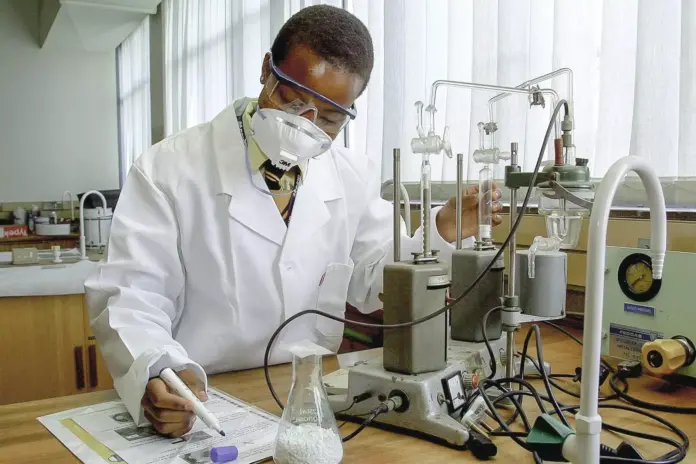Africa’s healthcare landscape is facing a series of challenges and opportunities as the continent undergoes rapid population growth and economic transformation. To address these evolving healthcare needs, experts emphasize the importance of strengthening African-led clinical research and trials. The rise in both neglected tropical diseases and noncommunicable diseases (NCDs) across the continent underscores the necessity of expanding clinical research and trials.
Current State of African Clinical Research
Currently, Africa accounts for a small percentage (around 4%) of global clinical studies, according to Clinicaltrials.gov. While some studies are classified as “African” in scope, many randomized clinical trials are not continent-wide, with certain nations remaining unrepresented. The gap between drug discovery and actual public health needs can limit the potential for African-led health innovation and effective healthcare solutions.
To improve this situation, the research community is advocating for the development of more equitable partnerships, effective resource allocation, and sustained funding for health research across the continent. This approach would lead to the discovery and development of tailored vaccines, diagnostics, and therapeutics.
Increasing Africa’s Participation in Clinical Research
Africa’s participation in vaccine development remains low, contributing only about 0.1% globally. To increase its role, several interrelated challenges must be addressed. These include unpredictable regulatory environments, duplication of efforts due to poor stakeholder coordination, and limited infrastructure and funding. Tackling these obstacles is crucial to enabling Africa to play a larger role in global health research and innovation.
Efforts such as the Pan African Clinical Trials Registry and the Clinical Trials Community aim to provide comprehensive data and documentation to support the development of African-led clinical research.
Capacity Building and Strengthening Local Health Research
Sustained capacity development is crucial for Africa to effectively tackle its unique healthcare challenges. Building expertise through training, infrastructure enhancement, access to technology, and long-term funding can significantly increase participation in clinical research and trials.
Existing strengths should be leveraged through equitable partnerships, ensuring efficient resource allocation and utilization. These partnerships can also help coordinate multisectoral and multi-stakeholder responses during health emergencies, as demonstrated during the COVID-19 pandemic.
Initiatives such as the Partnerships for African Vaccine Manufacturing (PAVM) advance vaccine development and manufacturing through collaboration with pharmaceutical companies. Similarly, The H3D Foundation and the African Pharmaceutical Technology Foundation work to advance drug research and development in Africa.
The Role of the Pharmaceutical Industry
The pharmaceutical industry recognizes the need for increased collaboration and well-defined priorities in Africa and other underrepresented regions. Companies are beginning to facilitate the transfer of funds, knowledge, and technology to establish long-term local capacity in Africa.
Africa’s pharmaceutical sector has seen substantial growth, reaching $66 billion in 2022, according to a UN report. This expansion presents opportunities for job creation and improved access to healthcare for African residents and their families.
Moving Forward with Collaboration and Coordination
Organizations like the Africa Centers for Disease Control and the African Medicines Agency are tasked with coordinating with industry players to create an equitable framework for the delivery of new healthcare products. Strong stakeholder cooperation, regulatory oversight, and coordination frameworks are essential for success.
The Science for Africa Foundation has launched a new project promoting collaboration for clinical research capacity in Africa through its Clinical Research and Trials Community program. This initiative aims to foster partnerships and encourage industry involvement in clinical trials.
In conclusion, the growth of Africa’s pharmaceutical industry and the potential for innovation and global health impact are promising. To truly prioritize uninterrupted healthcare access, pharmaceutical companies must invest in sustainable local capacity and align their efforts with Africa’s public health needs. Through collaboration and strategic partnerships, Africa can strengthen its healthcare research infrastructure and address the continent’s unique health challenges.
















 The African Research (AR) Index is a comprehensive scholarly directory and database focused explicitly on journal publishers that publish and disseminate African research.
The African Research (AR) Index is a comprehensive scholarly directory and database focused explicitly on journal publishers that publish and disseminate African research.

